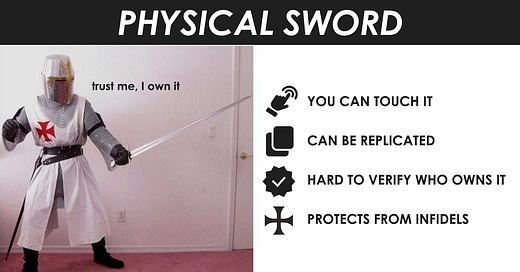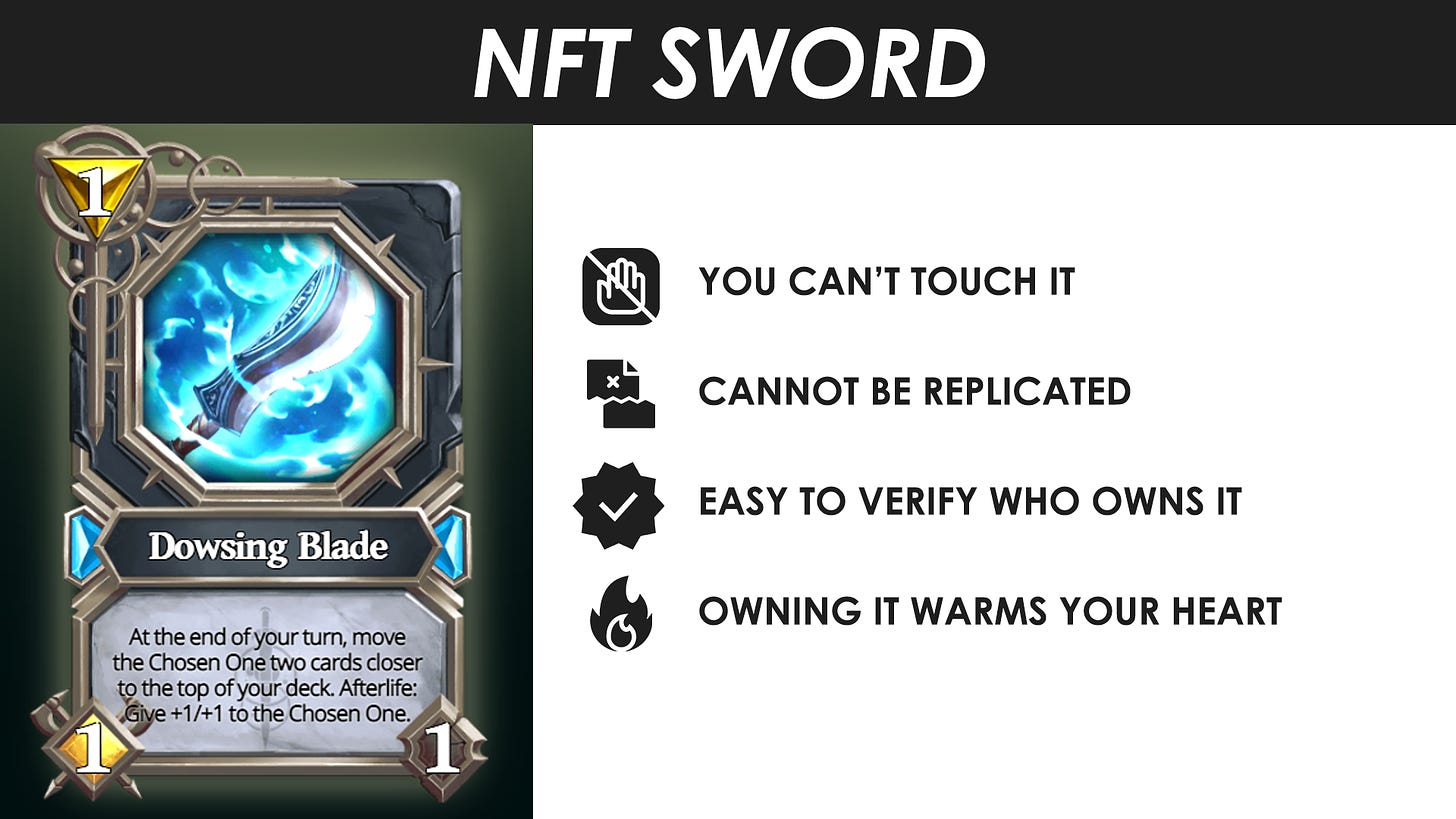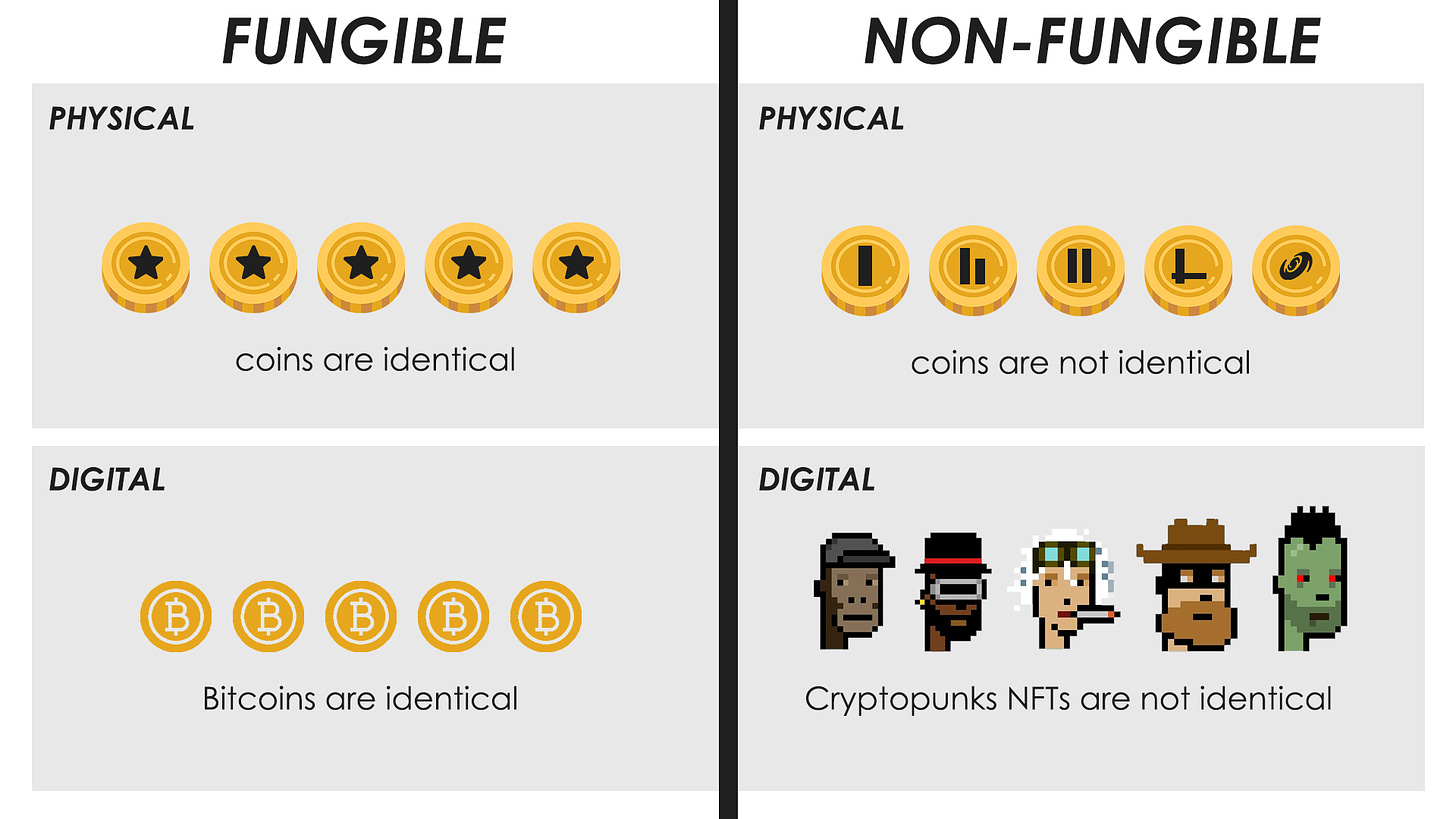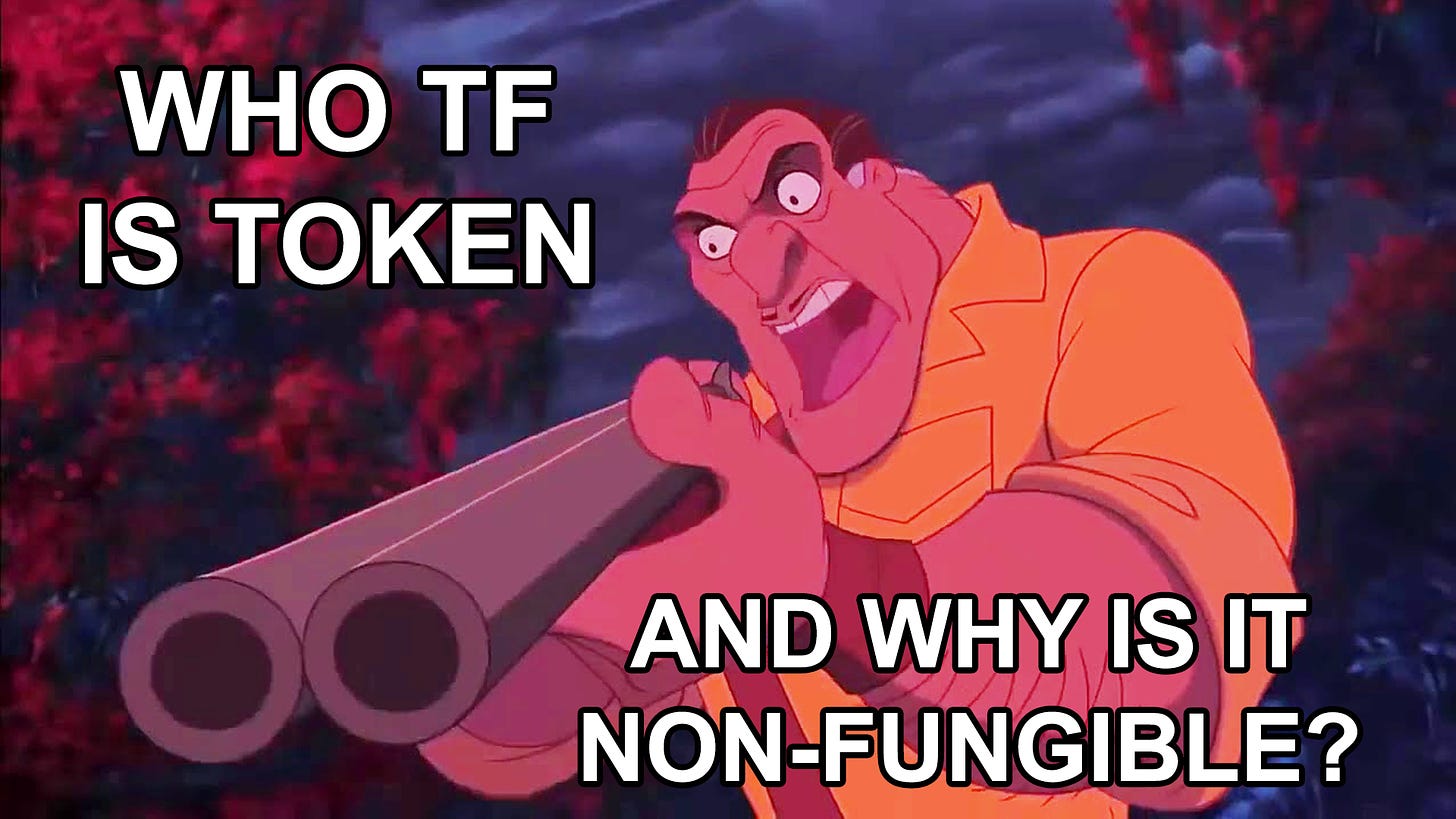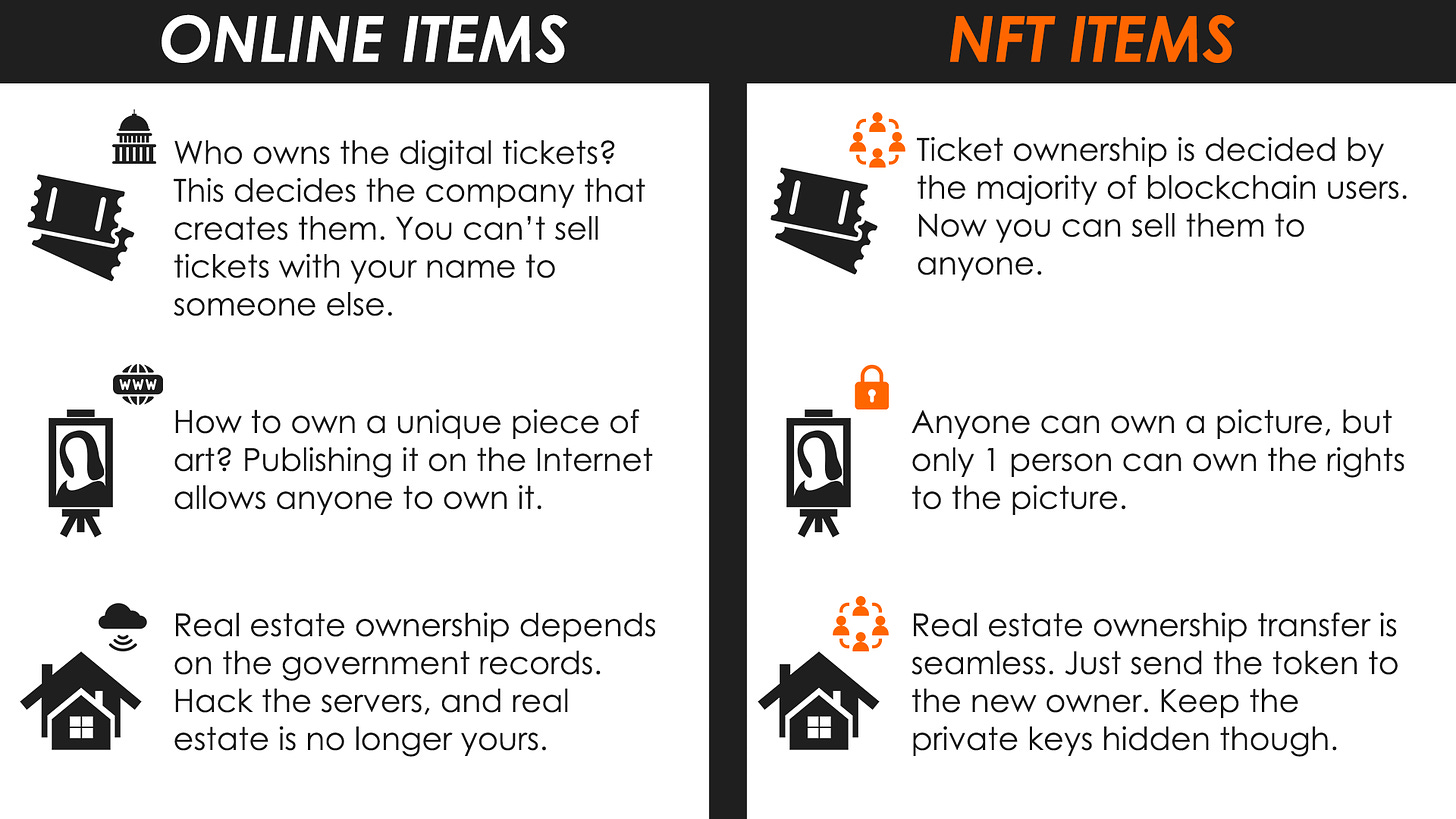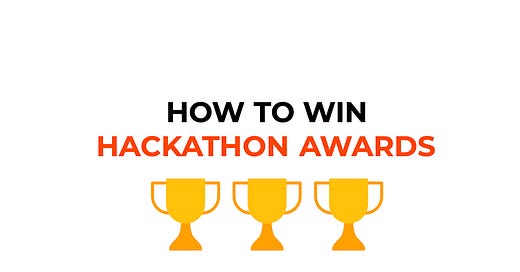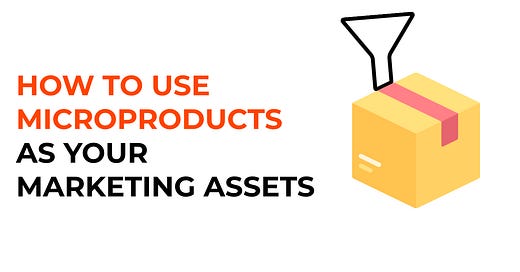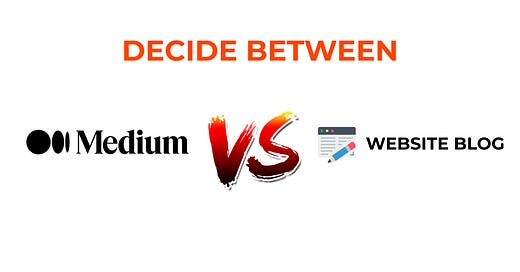
Yes, this is still a marketing blog. I originally published this article a year before COVID. Oh, sweet dreams about the NFT media business.
What is NFT?
NFT is short for Non-Fungible Token. It's a unique virtual asset located on the blockchain network, similar to cryptocurrency. It's like owning a sword from a video game - you can't touch it, but it's there, online. And it's yours.
What does non-fungible mean?
To grasp it, let's start with fungible items. Imagine you've minted 5 gold coins with the same layout print. Each coin is identical to another. The coins can also be exchanged 1 to 1. Since they are all copies, this makes them fungible.
Non-fungible is just the opposite. It's when the item doesn't have any copy in the world. This time, you're minting 1000 different gold coins. Each coin would have a different print on its head or tail. Therefore, a unique coin is non-fungible.
Non-fungible things are all around us. Your fingerprint is unique, and your online username cannot be duplicated. That's why they are non-fungible. But what about tokens?
Blockchain Tokens
Tokens are just a type of cryptocurrency. If you're familiar with blockchains, you know that blockchain is a network. Bitcoin network has only 1 currency running. But on other blockchains, things get a bit different.
Take Ethereum for example. It has a native coin called Ether, but it can house other coins too. These other coins are referred to as tokens.
Tokens use the same technology as cryptocurrency, but they are not necessarily money. Blockchain tokens are virtual objects but they can be valuable all the same.
A non-fungible token is technically a cryptocurrency that's been created in a quantity of 1. Once it's online on the blockchain, you cannot add more of the same unit, edit or delete it.
Why bother with Blockchain if I can store items on the Internet?
It all comes down to ownership. When you buy a painting, you know it's yours because you can touch and put it anywhere you want. If you buy an online painting, how can you tell no one else owns it too?
That's where blockchain comes in. Blockchain is a network of computers that verify digital ownership. It's this gigantic online ledger that records all the transactions between network users. Once you buy NFT, the ledger records your address as the sole owner of your NFT. Your NFT is the original, while the copied files are just that - copies.
NFTs create many opportunities. Artists can transfer ownership to art collectors. Companies can release trading cards for card collectors. Players can trade their video game items freely. NFTs can be used in many more ways.
How else can NFTs be used?
NFT Types
Anything can be owned on the blockchain.
All you need is a digital file and your blockchain wallet address.
Here's a list of possible NFT types:
Paintings
Songs
Videos
Trading cards
Video game items
Virtual real-estate
Real real-estate
Cars
ID cards
Software licenses
Social media posts
Social media stickers
Articles
Tickets
Ultimately, will NFTs become mainstream or remain
hatedmisunderstood forever?
Subscribe for more conversations!
There’s more where that’s coming from!
Subscribe to the newsletter to receive a new article every 2 weeks:

